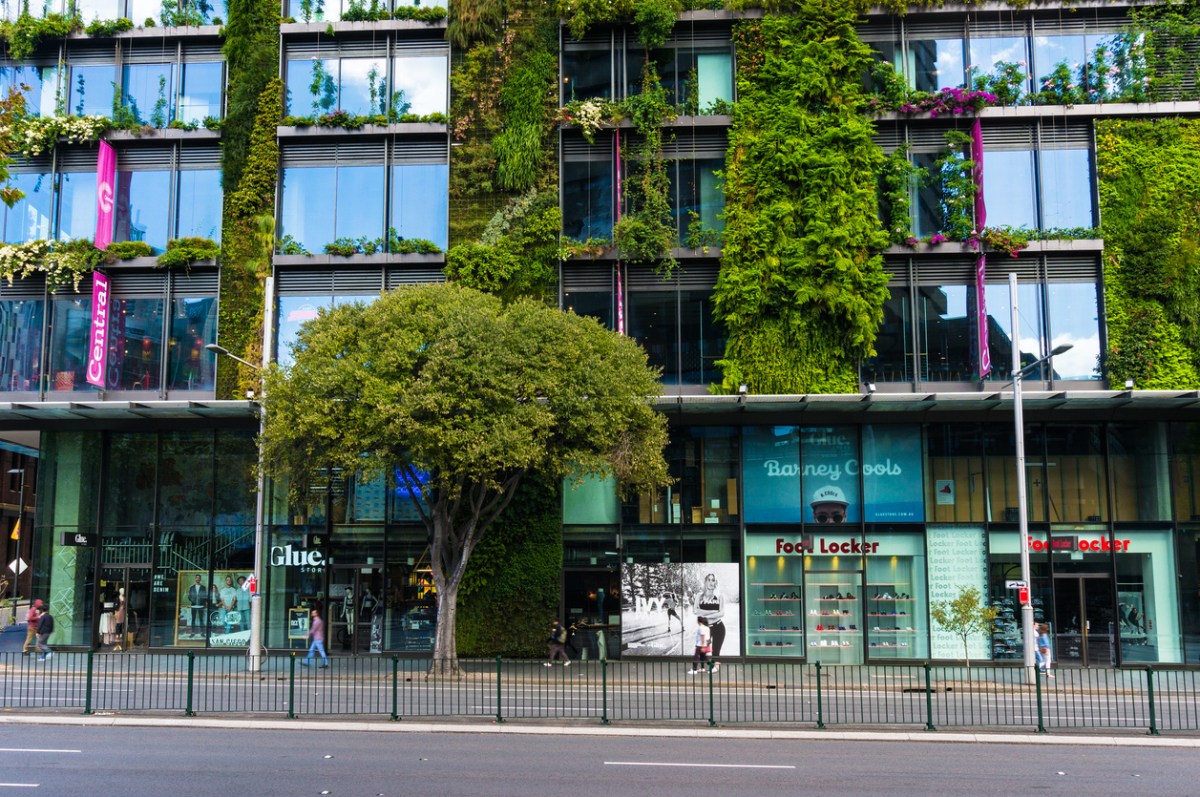A leading expert says that taking on a sustainable approach to retailing is a ‘win-win’ as consumer demand for ethical suppliers grows.
The call comes as retailers leading the fight on the war on waste were celebrated at the 2018 APCO Awards, where retail giant Super Retail Group took out the 2018 Large Retail Sector Award and Footwear retailer Redback Boot Company took home the 2018 Clothing, Footwear and Fashion Sector Award.
Super Retail Group were praised for progressing sustainable packaging in implementing a range of packaging and plastic reduction programs, with their subsidiary, Rebel Sports reducing its plastic bag use by 20% since 2017.
“Waste is an important issue for most retailers, in particular after the China’s ban on foreign waste early this year. The ban highlighted the need for businesses, recyclers and government to work together and adopt a circular economy model, where we keep resources in use for as long as possible, extract the maximum value from them whilst in use, then recover and regenerate products and materials at the end of each service life,” Renata Lopes, Group Sustainability Manager, Super Retail Group said.
Associate Professor Gary Mortimer from QUT Business School says that sustainable retailers have a big upper-hand in the current market – both in tapping into a lucrative customer base and reducing operational costs.
“We know that a retailer’s green credentials are becoming a vitally important marketing strategy. Shoppers are certainly more sensitive to this, particularly in relation to plastics. We’ve seen that playout in the last couple of months with the ban on plastic bags. We know consumers are very sensitive to it,” he said.
Creating a sustainable brand not only attracts a lucrative market of consumers that increasingly want ethical brands, but it also reduces the running costs of the business by offsetting growing electricity prices, Associate Professor Mortimer says.
“It’s a win-win situation for retailers. As energy costs increase retailers are actively looking at reducing energy consumption by adopting sustainable measures that in turn reduce the cost of energy but also provides a strong green message to the segment of consumers that are looking for a sustainable retailer,” he said.
Retailers such as Woolworths are doing good things in the space of sustainability, Professor Mortimer says, pointing to their back-of-store operations and the appointment of sustainability managers.
H & M is another example of a retailer leading the way in sustainability, Professor Mortimer said, with their H & M Conscious range and clothing recycling initiative.
But if a retailer sets out to make its operations sustainable, this needs to be consistent at all levels of the organisation, Associate Professor Mortimer says.
“Their green message needs to be consistent across all levels of operation, if they’re going to adopt a corporate social responsibility strategy, particularly around waste and sustainability, they need to look at things like sustainable sourcing, inventory management, reducing emissions and there greenhouse emissions footprint.”
Retailers should also look at minimising their carbon footprint through, for instance, reducing in-store lighting – a tweak which has the added benefit of lowing rising electricity bills, Associate Professor Mortimer says.

